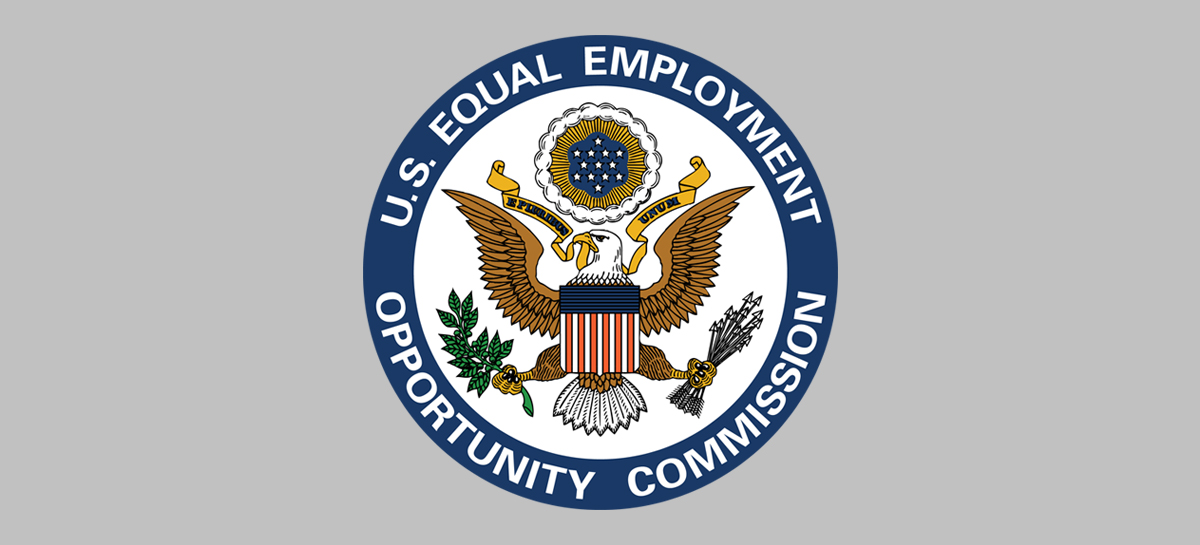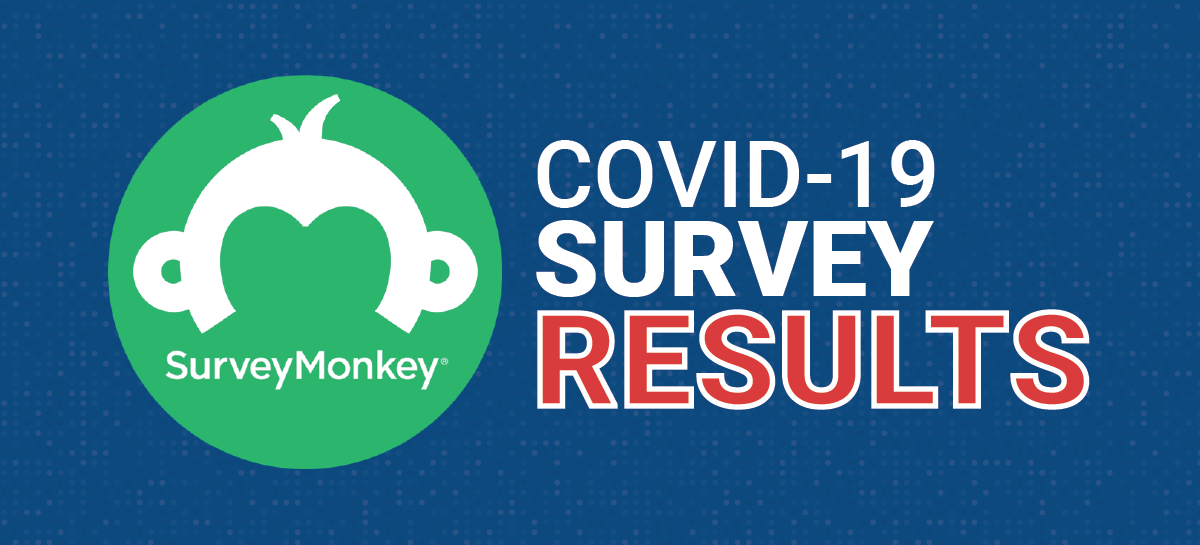Employment trends expert comments on the Better Business Bureau study
 A new study from the Better Business Bureau has found that employment scams nearly doubled during 2020. Over 14 million victims fell prey to employment scams in 2020, causing losses of nearly $2 billion.
A new study from the Better Business Bureau has found that employment scams nearly doubled during 2020. Over 14 million victims fell prey to employment scams in 2020, causing losses of nearly $2 billion.
Employment trends expert Rob Wilson speaks on this troubling trend, as well as offers solutions for companies and employers.
“We’ve known these scams have been on the rise for months, and we have been helping our clients with how to best address the issue, but it is still very shocking to see just how quickly these scams mushroomed during the pandemic,” says Wilson, who is the President of Employco USA, an employment solutions firm based in Chicago.
Wilson says that the perpetrators are stealing employees’ identities in order to access government funds under their name.





 Yesterday President Biden directed the Labor Department to mandate that any companies with more than 100 employees either require the COVID vaccination or COVID test all their employees once a week.
Yesterday President Biden directed the Labor Department to mandate that any companies with more than 100 employees either require the COVID vaccination or COVID test all their employees once a week. An Illinois appeals court recently upheld a ruling deeming that Hobby Lobby’s bathroom policies violated a transgender employee’s human rights. Hobby Lobby now must pay the employee $220,000 in damages, along with potential additional damages and fees.
An Illinois appeals court recently upheld a ruling deeming that Hobby Lobby’s bathroom policies violated a transgender employee’s human rights. Hobby Lobby now must pay the employee $220,000 in damages, along with potential additional damages and fees.
